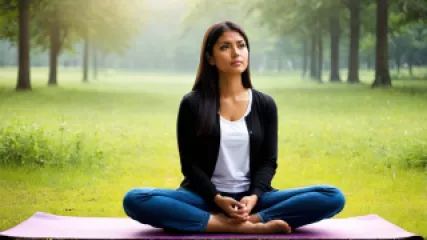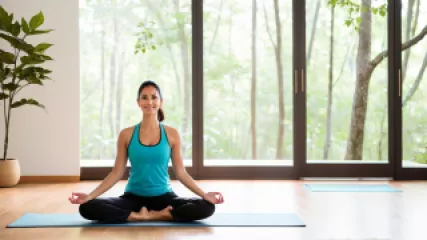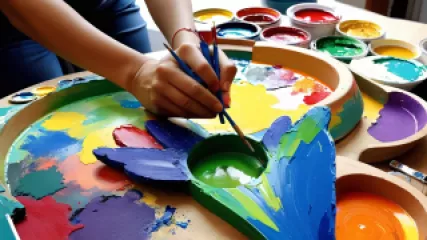15 Proven Strategies for Overcoming Disappointments
1 year ago
Dealing with Disappointment
Declutter Your Space, Declutter Your Mind: A Step-by-Step Guide to Reduce Emotional Clutter
1 year ago
Emotional Effects of Clutter
Lessons from Fight Club to Overcome Workaholism
1 year ago
Workaholism
A Step-by-Step Guide to Coping with Change for Personal Growth
1 year ago
Coping with Change
My Journey to Finding Inner Peace through Mindfulness
1 year ago
Mindfulness
How to Explore Your Sexual Orientation: A Beginner's Guide
1 year ago
Sexual Orientation
Decluttering Expert on the Emotional Impact of Clutter
1 year ago
Emotional Effects of Clutter
Unlocking Mental Wellness: Lessons from the Mat
1 year ago
Yoga for Mental Health
Overcoming the Scars of Trauma: A PTSD Survivor's Journey to Recovery
1 year ago
Recovering from Trauma
My Journey to Financial Wellness: Overcoming Stress and Reclaiming Financial Freedom
1 year ago
Managing Financial Stress
Navigating Teenage Stress: An Interview with a Mental Health Expert
1 year ago
Stress in Teens
What We Can Learn About Social Media Detox from 'Inception'
1 year ago
Social Media Detox Benefits
What Support Options Are Available for Elderly With Mental Health Issues?
1 year ago
Elderly Mental Care
How to Improve Self-Confidence in 5 Sessions
1 year ago
Confidence Building
My Transformative Journey Through Expressive Arts Therapy
1 year ago
Expressive Arts Therapy














